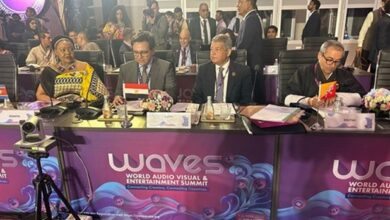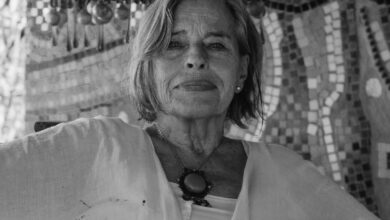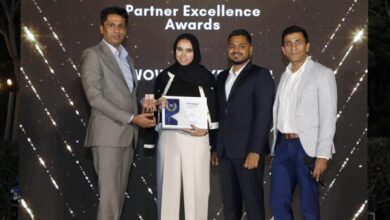While long weekends are usually reserved for frying one’s brain cells, this year’s 6 October holiday offers a unique opportunity for a more productive sort of stimulation – while still having fun. For the first time ever, Maker Faire Africa will be held in Cairo, granting the public the chance to witness what happens when engineers, artists, designers, and craftspeople join forces to create truly innovative works.
Created by Make, a US-based magazine specializing in a do-it-yourself approach to electronics, robotics, auto-mechanics, computers, and various other forms of modern-day technology, the Maker Faire is an annual event held in various locations around the United States. It’s basically a large science fair, with an added interest in art and design.
Besides inspiring young innovators, Maker Faire has also directly led to the creation of Maker Faire Africa – a similar event focusing on, as its name implies, the African continent. While Maker Faire Africa is not associated with Make magazine or its faire, the idea is pretty much the same. Founded by members of Ned.com, TED Africa, and IDEAS Global Challenge, among other organizations, Maker Faire Africa aims to highlight innovative, African-made products and inventions or “Afrigadgets,” as the faire’s organizers and sponsors refer to them. While the first two Maker Faire Africa events were held in Ghana and Kenya, respectively, this year, participants will be setting up their booths and displaying their projects in Cairo, and the excitement is rapidly building.
“So far, there are around 80 Egyptian participants,” says Cairo Team Leader, 23-year-old Bahy Abul Ezz. “The faire will also include participants from Nigeria, Kenya, Uganda, and Ghana.”
A recent graduate of Ain Shams University’s engineering department, and co-founder of TED EX Cairo, Abul Ezz is excited about the potential that Maker Faire Africa represents to the faire’s attendees, be they participants or visitors. “The whole concept is to bring in people from different fields and backgrounds, and have them inspire each other, either by exchanging ideas, or demonstrating their accomplishments.”
“Our aim is to help people expand beyond the stage of developing a prototype, which they might be able to do on their own,” Abul Ezz explains. “We [the organizers] have carefully thought of the process of making something – of all the different stages of production – and we’ve come up with ways to address every aspect of that whole process in Maker Faire.” As a result, the fair will feature numerous workshops, presentations, activities, and will also end its three-day-run with an award ceremony, although the nature of the awards is “still to be determined,” Abul Ezz says.
Unsurprisingly, Maker Faire Africa has already attracted a great deal of global attention that’s only set to increase with this year’s event. “We’ve already been contacted by investors from Silicon Valley, and Google representatives,” Abul Ezz reveals, hinting at the types of scouts who just might be roaming the fairground this weekend, looking for the next big thing in the world of science, design, or any of the other numerous disciplines showcased by the event.
Tuesday’s press conference announcing the event provided a teaser of what attendees can expect, when an engineer and a designer joined forces to instantaneously come up with a “micro-controller,” which can be used to design detailed jewelry. Other projects listed in this year’s fair include panels that produce energy when vibrated – designed, in theory, as an alternative to street asphalt – and copper shoes. With no explanation provided by the organizers, readers wondering whether copper shoes are intended solely as a fashion statement, or whether they have some more significant function, will have to visit the faire to find out.
Maker Faire Africa will be held from 6 to 8 October, at the American University in Cairo’s new campus, 9 am to 6 pm.
For more information visit: http://makerfaireafrica.com/
or http://makerfaireafrica.com/mfa-2011-cairo/attend-as-a-visitor/




